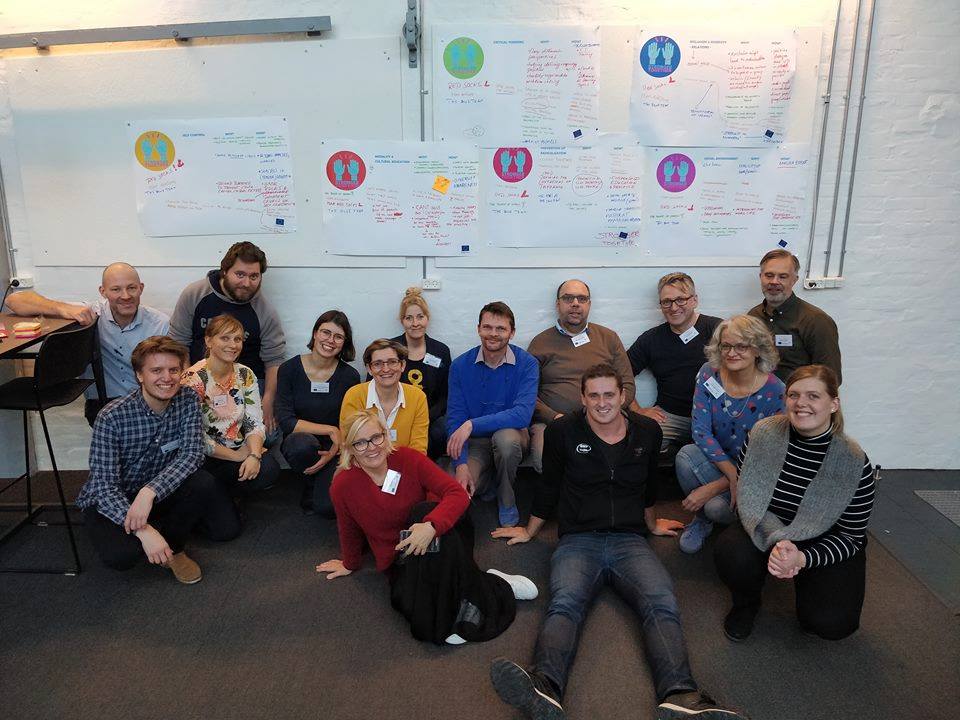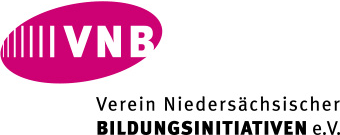MORALITY
Living together requires shared rules and values. The rules are generally established by law or by regulations, they must be respected, subject to sanctions.
Among the fundamental values of our Western democratic societies are freedom, respect, equality, the rule of law and the separation of powers. Rules and values are not static, but can evolve through democratic debate. Morality is about making choices and acting according to what we believe is right, consistent with our convictions(freedom, responsability) and the rules and values of the society that hosts us (respect, rule of law).
SELF CONTROL
Self-control allows us to control your impulses and better progress towards our personal goals while respecting others.
Learning self-control starts from childhood through the development of emotional and social skills: understanding and control of emotions, resistance to temptation, tolerance to frustration, perseverance. Practice and experience make it possible to develop self-control. When faced with difficult situations, it is important to learn to take a step back and control our aggression. Self-control learning is facilitated by a caring environment and requires the support of teachers and parents. Generally, better overall results are achieved by adopting a cooperative attitude rather than a competitive or individualistic one.
CRITICAL THINKING
Critical thinking enables us to build an informed opinion in order to be able to choose and act accordingly, while respecting others
It is first of all a question of attitude: open-mindness, curiosity, prudence, lucidity, autonomy, objectivity. It is also necessary to develop skills, such as collecting, comparing and verifying information, as well as dialogue with others, in order to develop a personal opinion and be able to make it evolve. Internet, new media and new technologies make these learnings even more essential for kids. It is probably impossible to escape subjectivity and the absolute reality is probably elusive, but critical thinking makes it possible to maintain coherence between our identity and our values on the one hand and the world around us and the informations received on the other hand. Positioning helps us to grow and find our place in society.
INCLUSION & DIVERSITY
Our societies are mixed and open to diversity, this is part of our shared values. In our history, attempts at ethnic and religious cleansing have caused much misery.
Living together with our differences is more of an opportunity than a threat. Learning to live together requires adopting a positive attitude and developing specific skills: openness, dialogue, respect, solidarity, responsibility. Beyond our differences, which enrich each other, we are all human beings with common foundations: need of recognition, love, respect, friendship, that is what unites us.
PREVENTION OF RADICALIZATION
(Violent) radicalism is an ideological commitment that rejects the existing order, and considers that violence is a legitimate means to achieve its goals of changing society.
Radicalization is an individual or collective process that can affect anyone and is not just about religion. Generally, this process induces isolation, a dogmatic thought (my vision of the world is the only one that is right), proselytism, a rejection of those who think or act differently, and even their dehumanization, which justifies the fact of brutalizing them. There are ways to prevent violent radicalization, including maintaning dialogue, fraternity and critical thinking.
“The project engages pupils, teachers and parents in the curriculum, so they through their collaboration experience to be stronger together.“

OUR PARTNERS







CONTACT US:
Banegårdspladsen 6, 1. sal, 7100 Vejle
+45 7681 3880
29 18 99 00
579 80 06 36 13 35
sajmo@vejle.dk
FOLLOW US:

This website reflects the views only of the authors, and the Education, Audiovisual and Culture Executive Agency and the European Commission cannot be held responsible for any use which may be made of the information contained therein.


